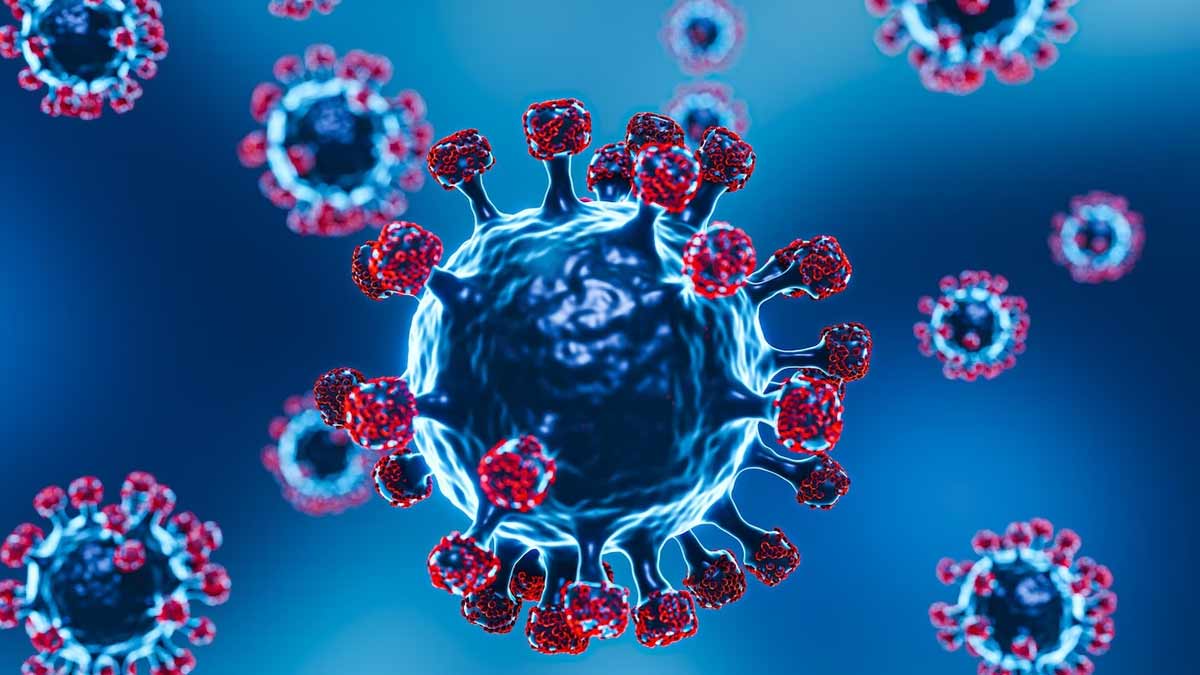Nipah Virus: Kerala is again hit by the Nipah virus, and cases are making headlines every day. The government has indefinitely closed colleges and schools to curb the spread of the deadly virus. It has also affected the state's tourism drastically.
According to the ANI, Health Minister Veena George said that no new cases were reported on Saturday, September 16, 2023, and 94 high-risk contacts also tested negative. There were 1,080 reported cases of Nipah virus in Kerala, and 327 of them were health workers, which raises a concern.
According to the Indian Council of Medical Research (ICMR), the mortality rate of the virus is between 40-70%, therefore, it is crucial to contain its spread. We connected with Dr Vandana Boobna, Associate Director, Internal Medicine, Max Super Speciality Hospital, Shalimar Bagh, New Delhi, to understand why the virus is spreading in the state, its mortality rate, and preventive measures.
Symptoms Of Nipah Virus
The expert said that the common symptoms of the virus infection include,
- Fever
- Headache
- Myalgia
- Cough
- Breathlessness
- Sore throat
- Severe cough in case the infection has reached the lungs
If the condition of the patient gets severe, they can experience drowsiness, disorientation, coma, seizure, confusion, and other neurological signs, indicating a case of encephalitis, and inflammation in the brain.
The doctor shared that a person would start showing symptoms in 4-14 days after exposure to the virus.
How Nipah Virus Spreads?

Dr Boobna shared that the Nipah Virus (NiV) is a zoonotic disease (a disease that transfers from animals to humans). It spreads,
- when a person comes in direct contact with an infected animal like a pig or bat or their bodily fluid such as urine, saliva, and blood.
- when a person comes in direct contact with a NiV patient or their bodily fluid, including nasal or respiratory droplets.
- when a person consumes food products that have been contaminated by the bodily fluid of an infected animal.
The expert added, “Person-to-person spread of NiV is regularly reported in Bangladesh and India. This is most commonly seen in the families and caregivers of NiV-infected patients and in healthcare settings.”
Nipah Virus Preventive Measures To Curb The Spread
The expert mentioned a few ways in which we can curb the spread of the infection.
- Avoid contact with sick pigs and bats
- You should frequently wash your hands with soap and water or use sanitiser
- Avoid drinking or eating products that could be contaminated by bats such as raw fruit, palm sap, raw date or fruits that fall on the ground
- Avoid areas where bats are known to roost
- Avoid contact with an infected person or their bodily fluid
Dr Boobna said, “Because Nipah can be spread from person to person, standard infection control practices, and proper barrier nursing techniques are important in preventing hospital-acquired infections (nosocomial transmission) in settings where a patient has confirmed or suspected NiV infection.”
Don't Miss: Reduce Lower Belly Fat: Expert Shares 5 Yoga Poses For Weight Loss
Nipah Virus: Test And Diagnosis

In the early stages, samples can be collected from a person who has either come in contact with an infected person or animal or has been showing symptoms. The samples will be taken to the laboratory to confirm the results.
Real-Time Polymerase Chain Reaction (RT-PCR) can be used to collect nasal and throat samples. Urine, cerebrospinal fluid, and blood samples can also be used to detect the presence of the virus in humans.
Post-recovery, tests of antibodies can be conducted using Enzyme-linked Immunosorbent Assay (ELISA).
Don't Miss: Suffering From Profound Fatigue And Pain? It Could Be Chronic Fatigue Syndrome
Nipah Virus: Who Is At High Risk
Dr Boobna said, “Healthcare workers working in close contact with Nipah Virus patients are at very high risk of contracting the infection. Strict infection control protocol is the key and following the barrier nursing methods.”
She suggested wearing personal equipment and gloves and following hygiene practices. “In the post-COVID era, most health care providers are aware of them, and it needs to be taught to the family caregivers also,” she added.
Stay tuned to HerZindagi for more such stories.
